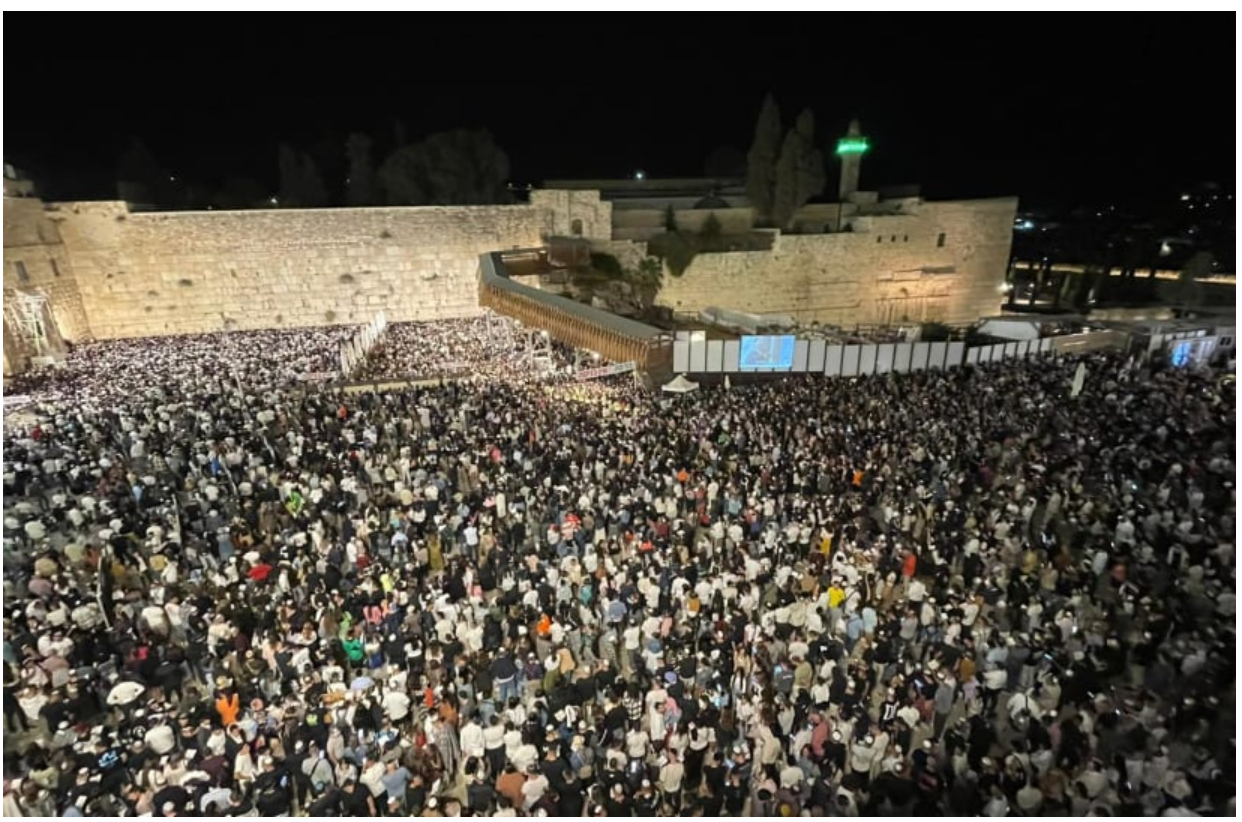
The History of Yom Kippur
Yom Kippur, known as the Day of Atonement, is the holiest and most solemn day in the Jewish calendar. Observed on the 10th day of the Hebrew month of Tishrei, it concludes the “Ten Days of Repentance” that begin with Rosh Hashanah (the Jewish New Year). The significance of Yom Kippur is deeply rooted in the Bible, Jewish tradition, and centuries of observance.
Biblical Origins
The observance of Yom Kippur is commanded in the Torah (Leviticus 16:29-30; Leviticus 23:27-32). According to tradition, it is the day Moses descended from Mount Sinai with the second set of the Ten Commandments, after the Israelites repented for the sin of the Golden Calf. The Torah instructs that Yom Kippur should be a day of fasting, prayer, and self-denial as a means of atonement for sins committed in the past year. In ancient times, it was also the day when the High Priest would enter the Holy of Holies in the Temple in Jerusalem to offer sacrifices and seek atonement on behalf of the entire Jewish people.
The Temple Rituals
In the days when the First and Second Temples stood in Jerusalem, Yom Kippur was marked by elaborate rituals. The High Priest, who was the only person allowed to enter the innermost chamber of the Temple, performed a series of sacrifices and rituals to atone for the sins of the people. One of the central rituals involved two goats: one was sacrificed, and the other, known as the “scapegoat,” was sent into the wilderness, symbolically carrying away the sins of the people (Leviticus 16:7-10).
The Day of Atonement was a national event, and people would gather at the Temple to witness the High Priest’s service. After the destruction of the Second Temple in 70 CE, the sacrificial rituals could no longer be performed, but the spirit of repentance, fasting, and prayer continued.
Yom Kippur in Rabbinic Judaism
With the Temple destroyed, Yom Kippur took on a more introspective nature. The early rabbis redefined atonement through prayer, repentance, and good deeds, emphasizing that every individual must take responsibility for their own sins. The synagogue became the central place for observing Yom Kippur, and the liturgy expanded to include powerful prayers such as the “Vidui” (confession) and “Kol Nidrei,” a prayer chanted at the beginning of Yom Kippur asking for the annulment of vows made during the year.
Themes of Repentance and Forgiveness
The themes of Yom Kippur center around repentance (teshuvah), self-reflection, and forgiveness. Jewish tradition teaches that during the Ten Days of Repentance leading up to Yom Kippur, God inscribes people’s fates in the “Book of Life.” On Yom Kippur, the book is sealed, making it a final opportunity for people to make amends for their misdeeds, seek forgiveness from others, and change their behavior for the better in the coming year.
The Fast and Observances
Yom Kippur is characterized by a 25-hour fast, during which neither food nor drink is consumed. This fast, along with abstaining from physical pleasures such as bathing, wearing leather shoes, and engaging in marital relations, is meant to encourage a focus on spiritual matters. The day is spent mostly in the synagogue, where a series of prayers and readings are recited. Among the most important prayers are the “Al Chet,” in which worshippers list a variety of sins and ask for forgiveness, and the “Ne’ilah” prayer, recited as Yom Kippur draws to a close, symbolizing the closing of the gates of Heaven.
Yom Kippur in Modern Times
Today, Yom Kippur remains a deeply important day for Jews worldwide, regardless of their level of religious observance. Even Jews who may not observe other religious holidays often fast and attend synagogue services on Yom Kippur. It is a time for individual and communal reflection, a reminder of the power of forgiveness, and a renewal of commitment to personal and spiritual growth.
Conclusion
Yom Kippur’s rich history and traditions have evolved over millennia, but its core message of repentance, self-improvement, and forgiveness remains unchanged. It is a day of deep reflection, allowing individuals and communities to come together in the pursuit of spiritual cleansing and a better future.


